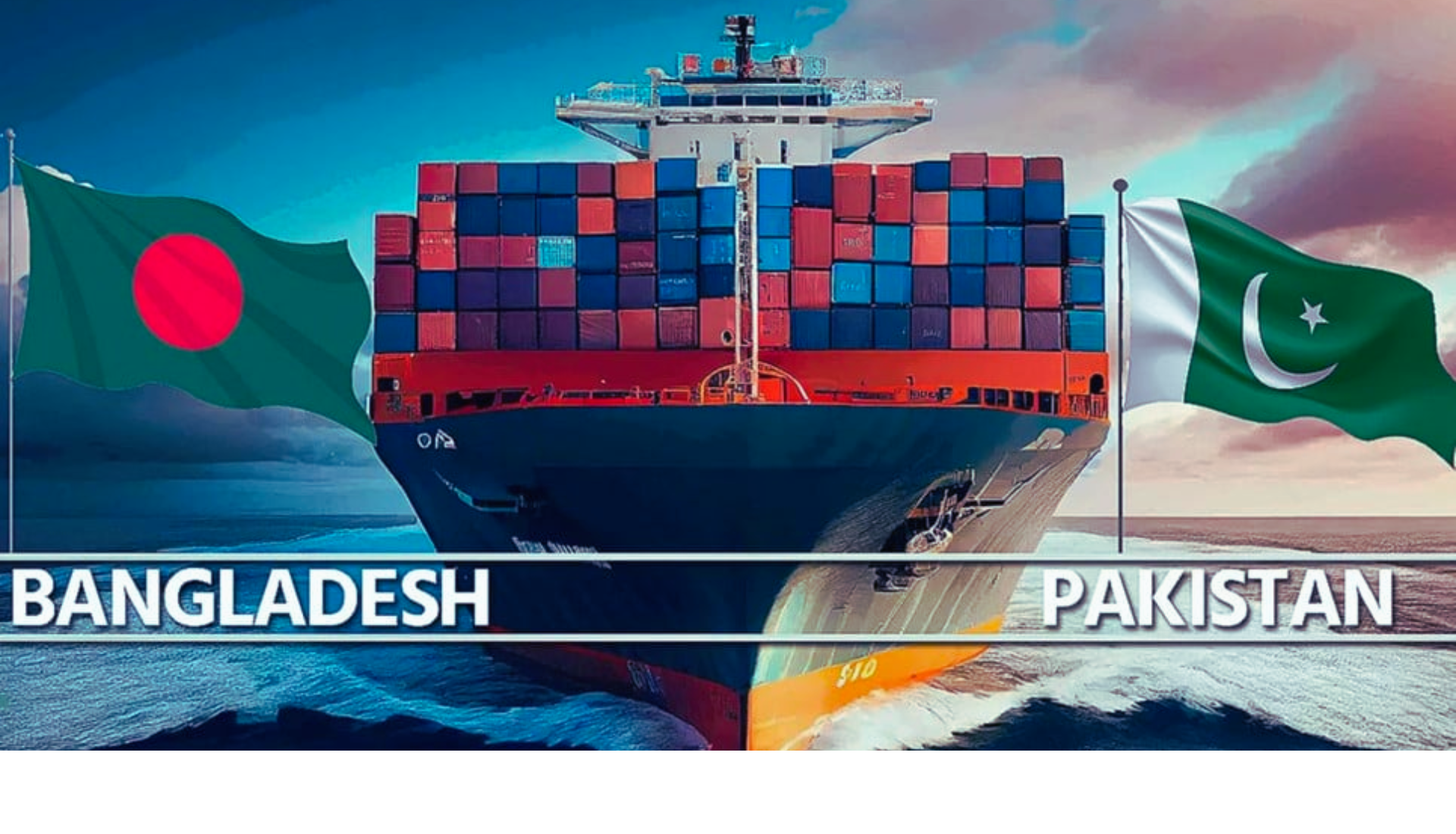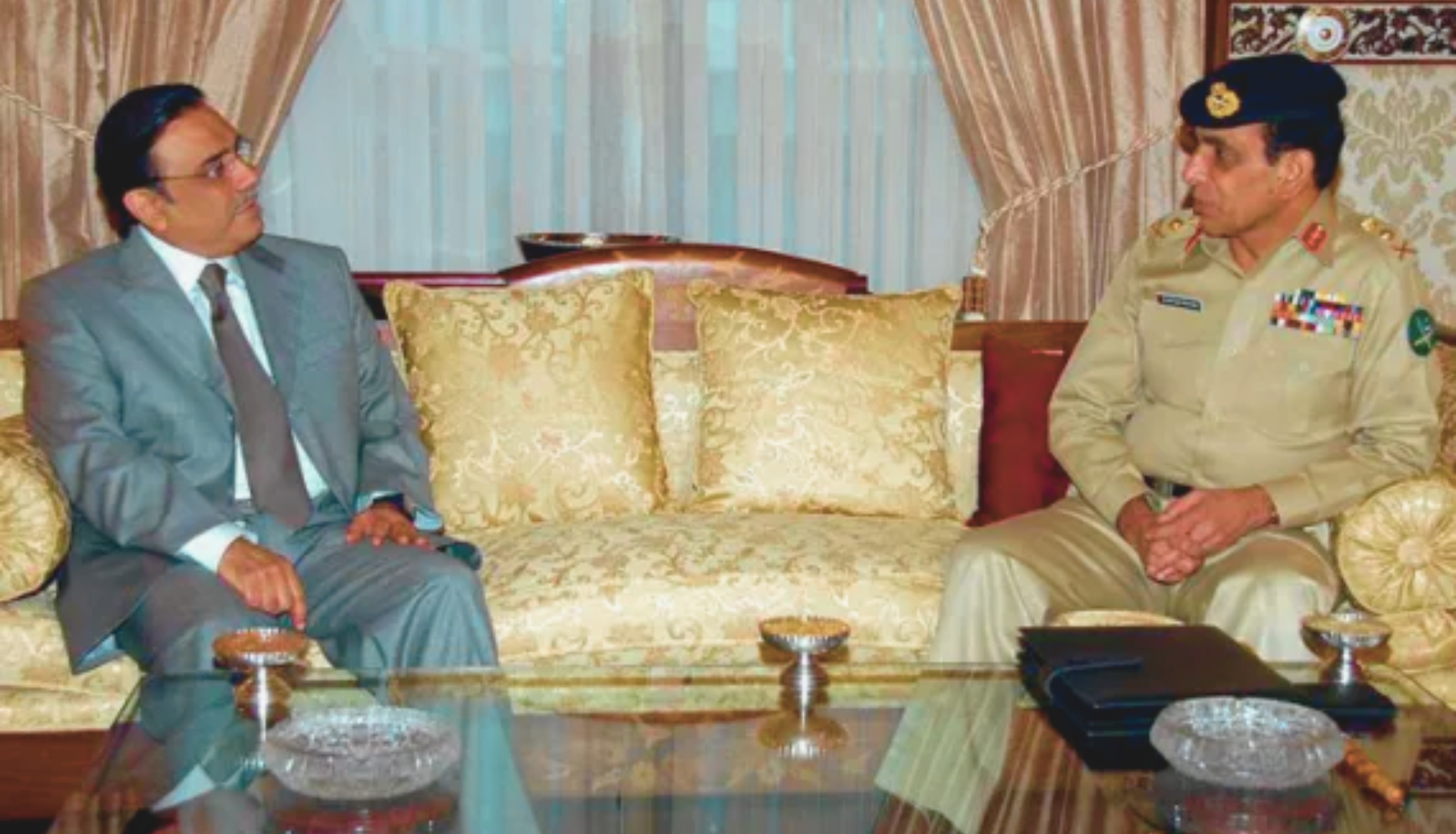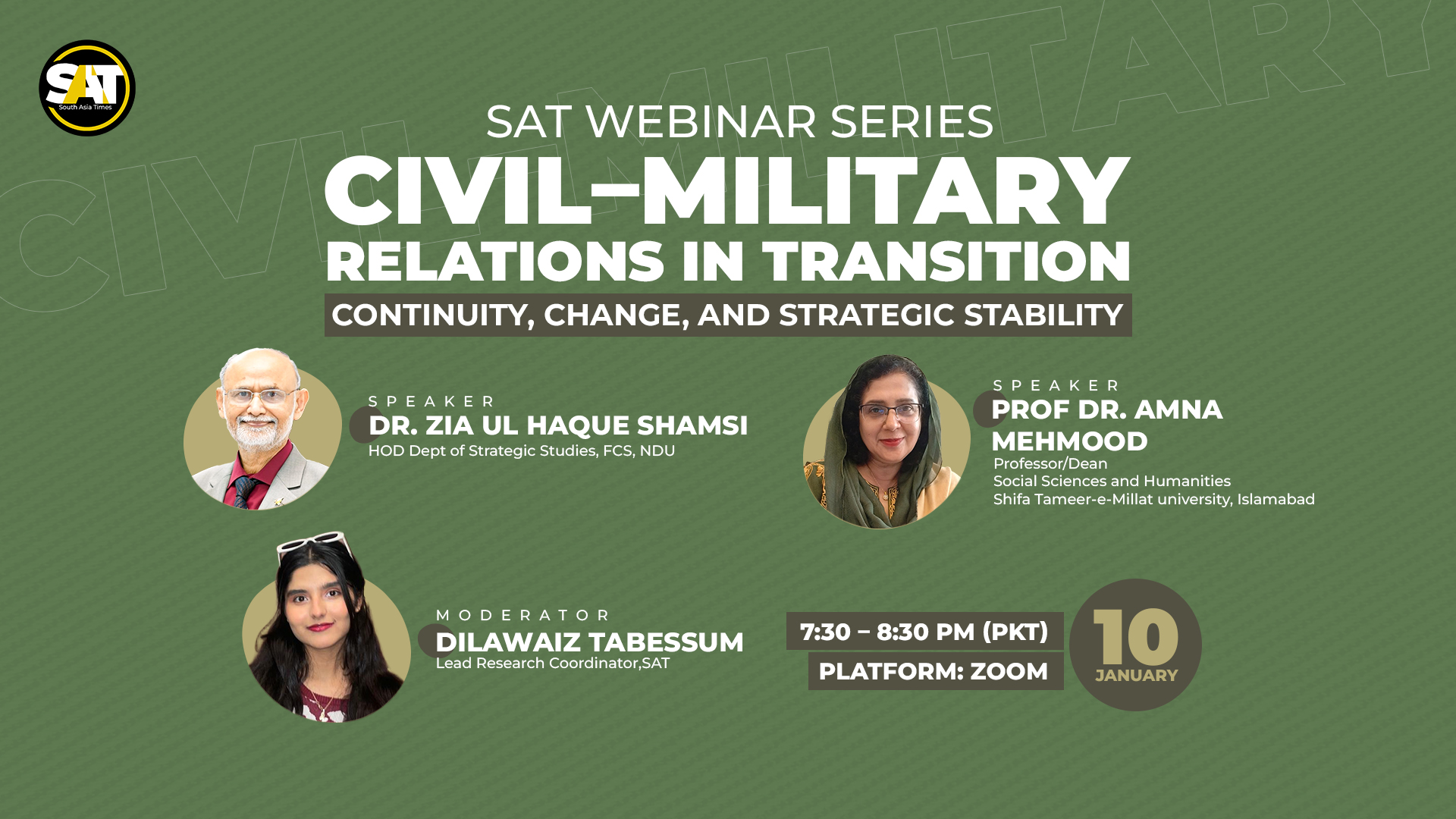Operational Chabahar Port:
India plans to begin full-scale operations at Iran\’s Chabahar general cargo port. The port will establish, by the end of May, according to the country\’s shipping minister. India has been constructing a section of the port on Iran\’s south-eastern coast along the Gulf of Oman. India plans to utilize it as a means of transporting goods to Iran, Afghanistan, and Central Asian countries. However, the route will be avoiding rival Pakistan.
Impediments in the Development of Chabahar Port:
The US sanctions on Iran delayed the port\’s growth. However, India is now banking on strengthened ties between Washington and Tehran under President Joe Biden to press forward with nearly $500 million in investments. After a short absence, India resumed construction on the Chabahar port in Iran early this year. From May of next year, this strategically important port will be operational.
The US Congress received the data in a survey. India decided in 2015 to assist Iran in expanding the Chabahar port and railway line. This will allow India to conduct baroque trade with Afghanistan without the need to pass through Pakistan.
Subsequently, in 2016, Indian Prime Minister Narendra Modi paid a visit to Iran. The Prime Minister signed an agreement to spend $500 million in port infrastructure growth. The Trump administration had exempted India\’s \”Afghanistan Reconstruction\” scheme from Iran\’s harsh sanctions. Therefore, the project was restarted in early 2021, and it is expected to be operational by May of that year. This article was written by scholars and is not an official report of the United States Congress.
Future Plans for Chabahar Port:
India is building two terminals at the port. This includes the Shahid Beheshti complex, which will operate for ten years under an agreement with Iran.
Furthermore, from February 2019 to January 2021, Chabahar port handled 123 vessels and 1.8 million tonnes of bulk and general cargo. During the pandemic last year, India used the Chabahar port to send 75,000 tonnes of wheat to Afghanistan as humanitarian aid, as well as 25 tonnes of the pesticide malathion to Iran to combat a locust invasion. The second 25-tonne shipment has arrived in Chabahar.
Moreover, India agreed to supply six cranes and other machinery worth $85 million to Iran as part of the deal to equip and operate the Shahid Beheshti terminal. Hence, to promote the transport of goods to Afghanistan, India plans to construct a 600-kilometre railway line from Chabahar port to Zahedan, Iran, along the Afghan border, at a cost of $1.6 billion.
Lastly, the INSTC initiative was proposed by India, Russia, and Iran in 2000 and later funded by ten other Central Asian countries, envisions a 7,200-kilometer multi-mode network of ship, rail, and road for freight transportation, with the aim of reducing carriage costs by about 30% and the transit time from 40 to 20 days.





